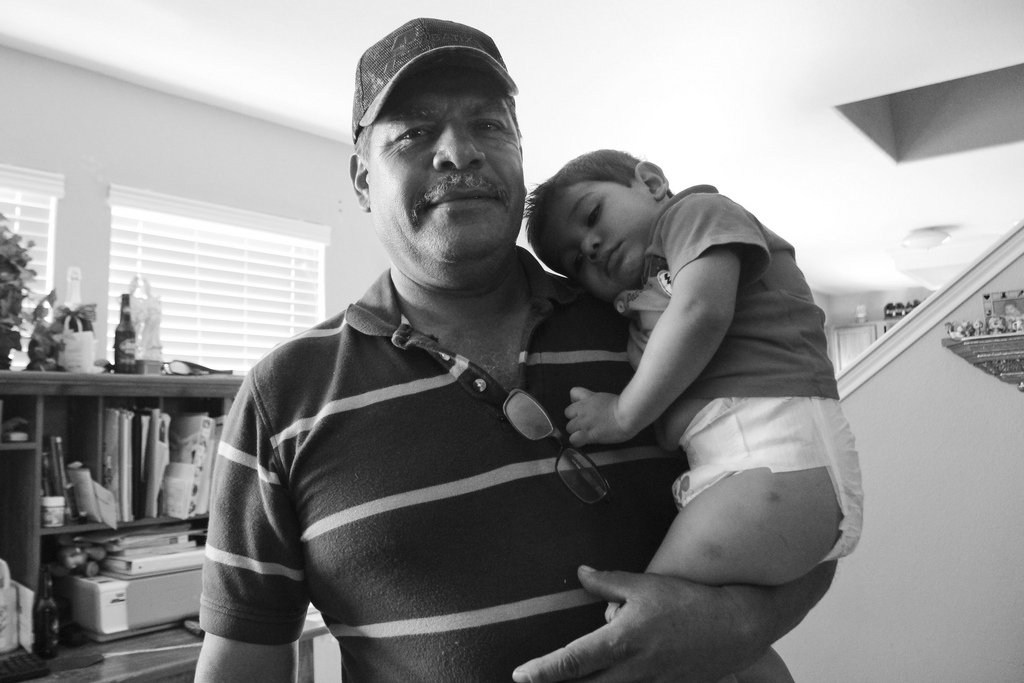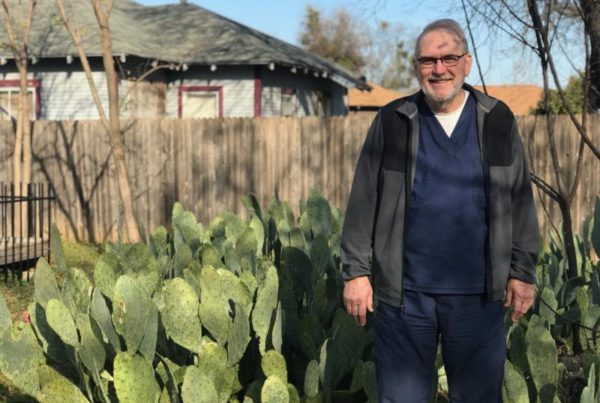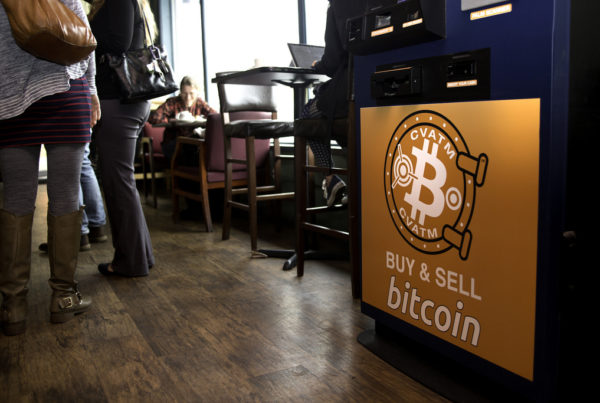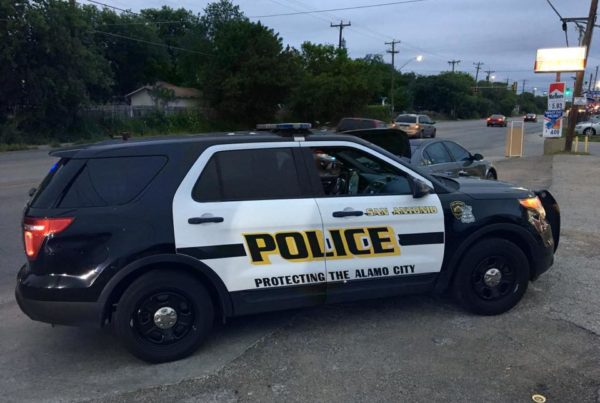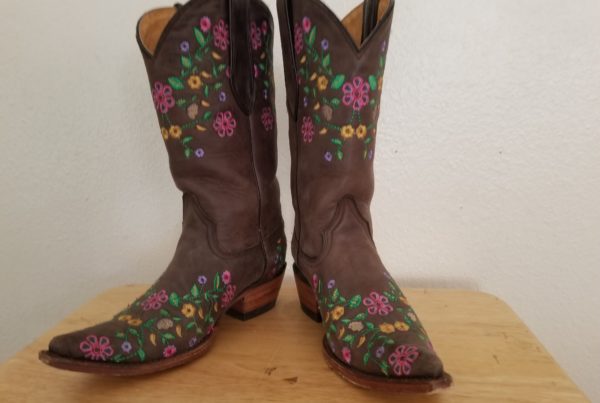Say someone wants to know more about a topic: they could ask an expert, or they could just string together observations and assumptions based on what they may heard from others on the subject. Gabriel Acevedo, sociology professor at St. Mary’s University in San Antonio, says the latter is what happens far too often when it comes to Latinos in America.
Acevedo says people, from political scientists and strategists to marketers, to name a few, would like to know how to better target Latinos, but often they don’t ask Latinos directly about their preferences. That can lead to a host of misconceptions. So, Acevedo created the report “Latinos in America” based on responses from 2,500 self-identified Hispanic Latinos.
“We have stereotypes, or assumptions, of evangelicals being either suburban white Americans or rural Southern Americans, and that just simply is not the case,” Acevedo says. “The highest share of self-proclaimed evangelicals is actually found among Latinos, not whites.”
Latinos are still majority Catholic, but a big chunk are evangelicals.
“There has been quite a big movement towards other, non-Catholic faiths,” Acevedo says of the Latino community.
Another assumption is that a large number of white folks are conservative, a large number of Black folks are liberal and that Latinos tend to vote Democratic. But Acevedo’s report shows that many Latinos are not committed to either party. As Independents, Acevedo says they are “up for grabs,” in a sense.
“‘Hispanic’ is a complicated term,” Acevedo says. “We know that, for instance, Cuban Americans in parts of South Florida, parts of New Jersey, are much more conservative Republican than maybe Puerto Rican Latinos living in New York City. That diversity within the Hispanic Latino community also gives this political diversity.”
Acevedo says the study shows that Latinos are not a “monolithic constituency that aligns easily along a progressive-conservative continuum.” By asking them about marriage, abortion, sexual preferences and other topics, he’s uncovered more nuanced information, especially about younger generations. Latino Millennials, for instance do not believe in marriage, he says, but the generation before and the one after do, for several different reasons.
“Those views on hot-button issues are also subject to factors like our age, they are subject to factors like levels of education and in that sense, we see Hispanics behaving in similar ways to Anglo-Americans,” Acevedo says. “We clearly see that younger Hispanic Latinos are much more progressive or liberal leaning in terms of views towards same-sex marriage, even views towards abortion. Younger Americans, as a whole, are … interested in their own upward mobility.”
Written by Brooke Sjoberg.


